SUNDAY - Destroy, She Said: A Marguerite Duras Retrospective
Programmed by: Zachary Vanes
"What appears in my films is the language of women, the action of women. The men are forced to follow.... It’s already the beginning of an inverted world.” – Marguerite Duras
Unlike her contemporaries in post-1968 cinema, such as Agnès Varda, Chantal Akerman, and Nelly Kaplan, Marguerite Duras was already a successful novelist with a keen interest in deconstructing her own writing on-screen when she made her directorial debut. Following her monumental first screenplay for Hiroshima Mon Amour (1959), she worked for ten years as a screenwriter on film adaptations of her own novels directed by the likes of Jules Dassin, Tony Richardson, and Peter Brook. At the age of fifty-five, Duras directed her first feature Détruire, dit-elle (1969), and she continued to develop an inimitable style over the next twenty-five years of filmmaking. As a writer/director interested in exploring the intersections of colonialism, female sexuality, and the language of film itself, her influence can be felt within the work of contemporary filmmakers like Claire Denis and Nina Menkes. Denis herself has referred to Duras as an "intellectual hero."
Destroy, She Said perfectly expresses Duras' passage from a begrudging reliance on the filmic representations of others to the active expression of her personal mythologies and political concerns on screen. While she expertly elicited memorable performances from actors such as Jeanne Moreau, Delphine Seyrig, Michael Lonsdale, and Gerard Depardieu, it is undoubtedly Duras' unfettered use of her own voice that is her most thrilling challenge to the history of cinema.
7:00PM Sunday, January 30th
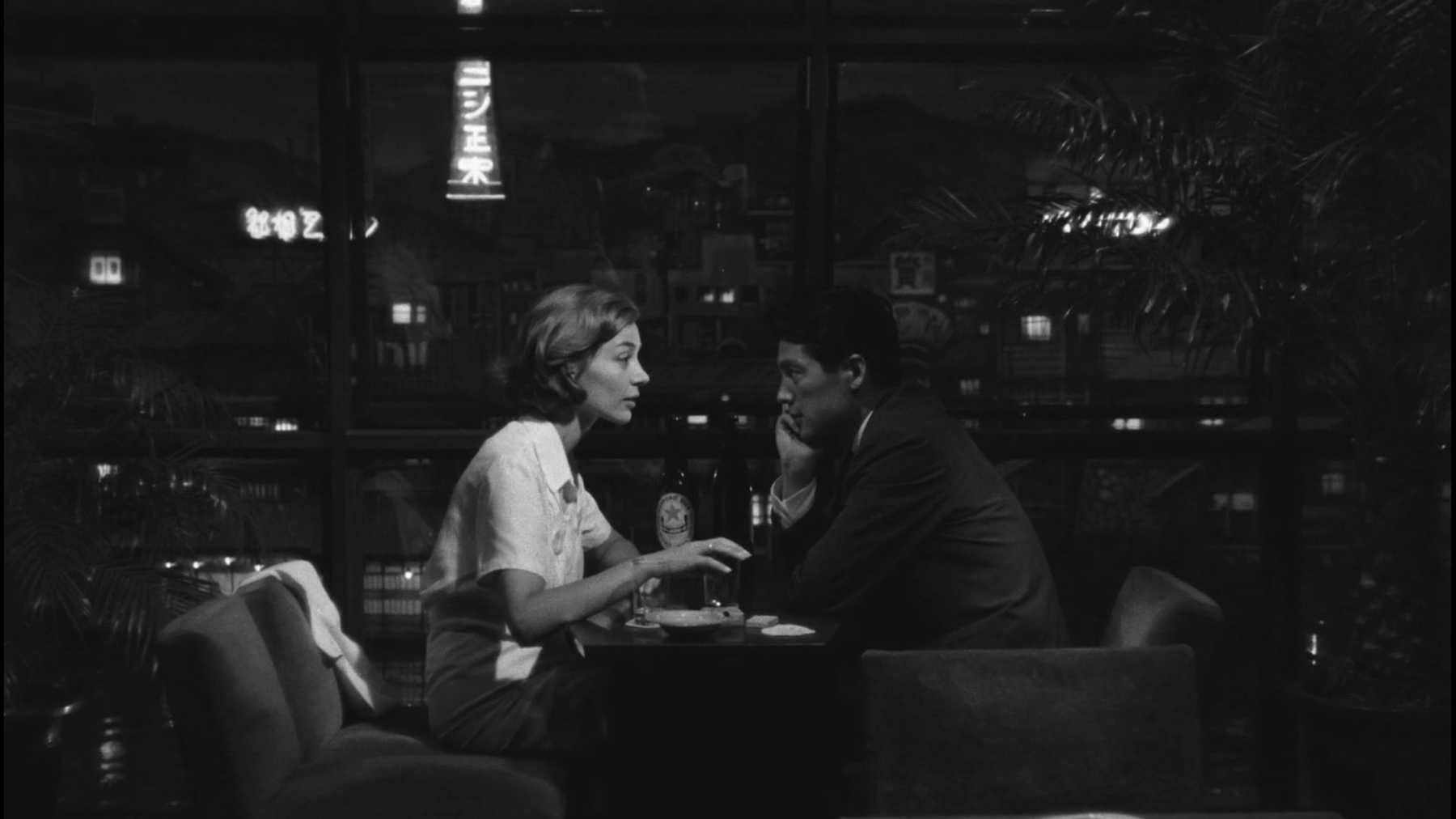
Hiroshima Mon Amour (1959)
Alain Resnais · 92m · DCP
A love affair between a French actress (Emanuelle Riva) and a Japanese architect (Eiji Okada) is haunted by memories of World War II, rendered through startling jump cuts and a disembodied voiceover. A defining moment of the Nouvelle Vague, Eric Rohmer famously called it “the most important film since the war, the first modern film of sound cinema.” Hot off the success of Moderato Contabile, Duras reportedly wrote the script in less than two months.
7:00PM Sunday, February 6th
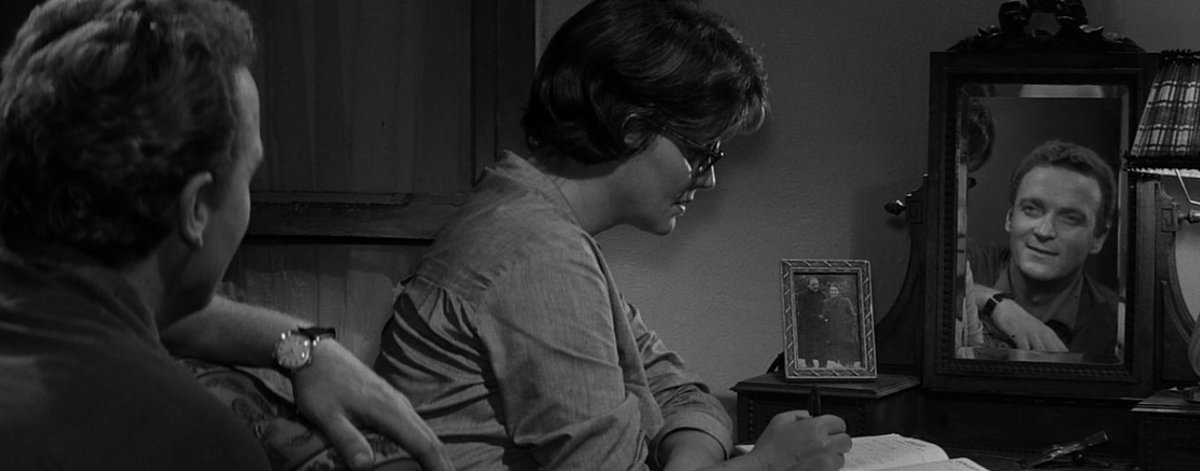
Une aussi longue absence (1961)
Henri Colpi · 98m · 35mm
Alida Valli stars in this Palme d'Or winner as a café owner plagued with grief, struggling to restore the memories of an amnesiac who might be her long-lost husband. Duras' script inverts the structure of the central relationship of Hiroshima Mon Amour and prefigures the haunting memory games of Christian Petzold's Phoenix. Henri Colpi, editor of Resnais' first two features and Duras' Détruire, dit-elle, gracefully handles the widescreen format.
7:00PM Sunday, February 13th
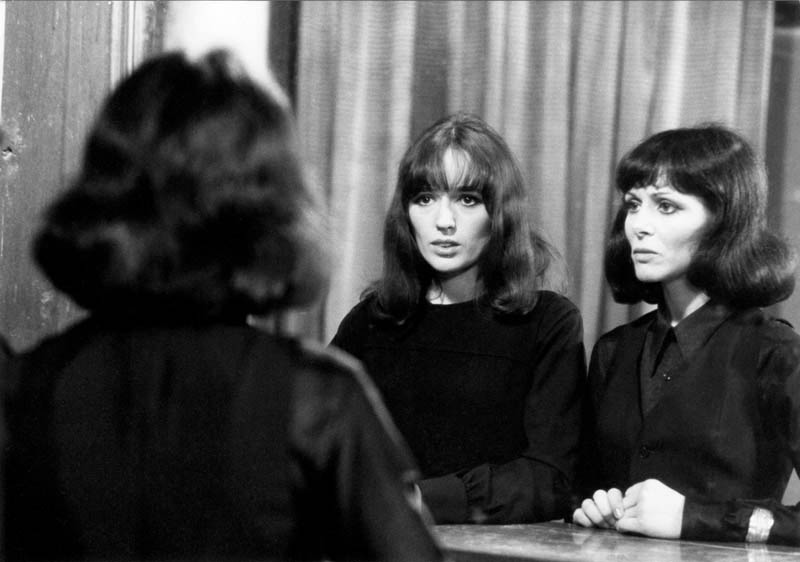
Détruire, dit-elle (1969)
Marguerite Duras · 100m · 35mm
After weathering other directors' lackluster attempts to film her stories, Duras’ first self-adaptation accentuates the aimlessness of her novel about two couples at a seaside resort. When asked about one of the searing long takes that populates the film, Duras said: "You can imagine how hard I had to fight to keep this scene this long. Many people said to me: 'It's impossible; they exchange nothing but banalities.' But that's exactly the point."
7:00PM Sunday, February 20th
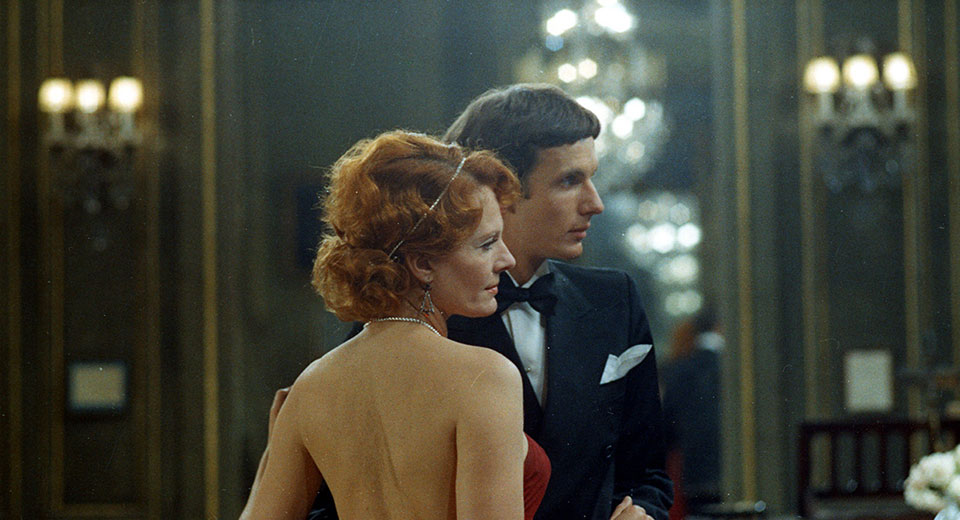
India Song (1975)
Marguerite Duras · 120m · 35mm
Anne-Marie (Delphine Seyrig), an ambassador’s wife locked away in an embassy, has a series of affairs to stave off the emptiness of colonial life in 1930s Calcutta. Regarding the characters of the film, Duras stated, “[Women] listen to their feelings. Men don’t know how to….There are many things that women do that men could not do.” Duras reportedly played Carlos d'Allesio's dreamlike score on set to draw out the languorous performances of the actors.
7:00PM Sunday, February 27th
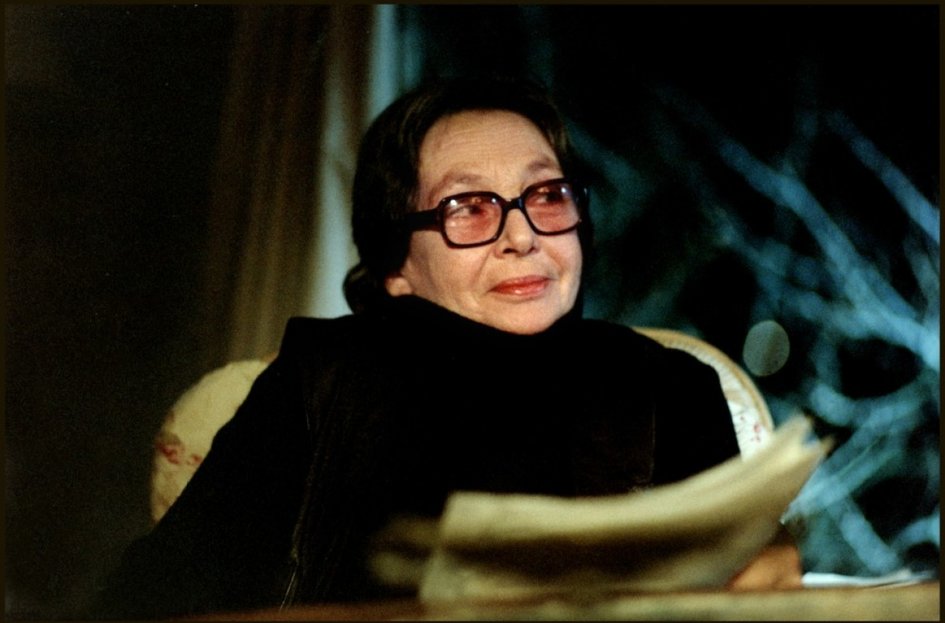
Le Camion (1977)
Marguerite Duras · 80m · 35mm
Marguerite Duras herself appears alongside Gerard Depardieu in the writer-director’s most self-assuredly minimalist film. As Duras reads through a script about a truck driver and a hitchhiker, images of a truck driving in the countryside intermittently appear onscreen. Designed to reveal the audience's desire to suspend disbelief, Le Camion found an unlikely champion in Pauline Kael, who called it "perfectly made: an ornery, glimmering achievement."
7:00PM Sunday, March 6th
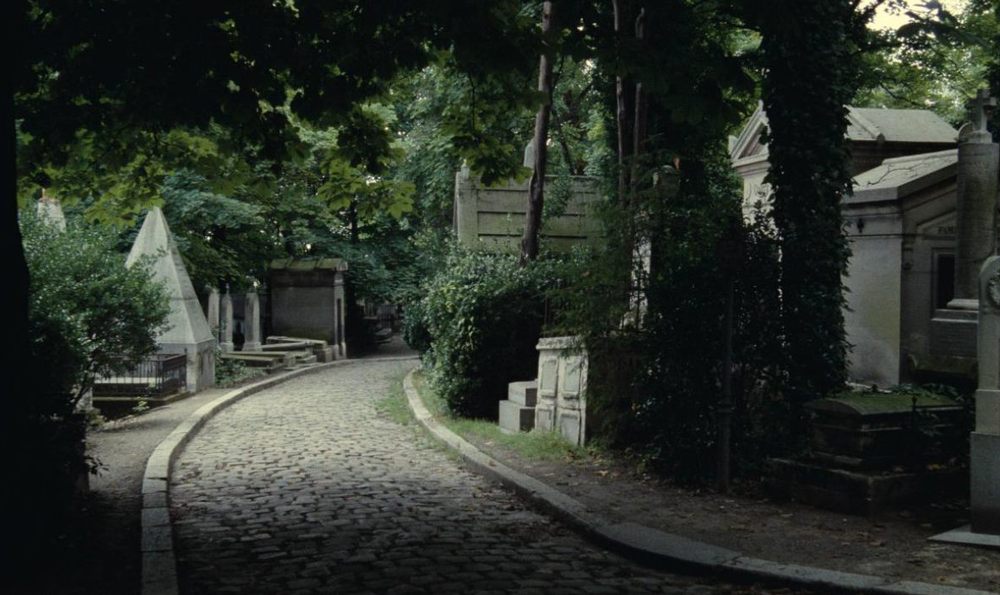
Le Navire Night (1979)
Marguerite Duras · 90m · 16mm
Two doomed lovers communicate across a mysterious phone line installed during the German occupation of Paris—sorry, Ephron fans, but Sleepless in Seattle it ain’t. As the camera sinuously roams the empty city streets and occasionally visits the actors, Duras allows the viewer to contemplate the vulnerable, lyrical dialogue between the characters, voiced by herself and Benoit Jacquot, who served as the assistant director on India Song.
7:00PM Sunday, March 13th
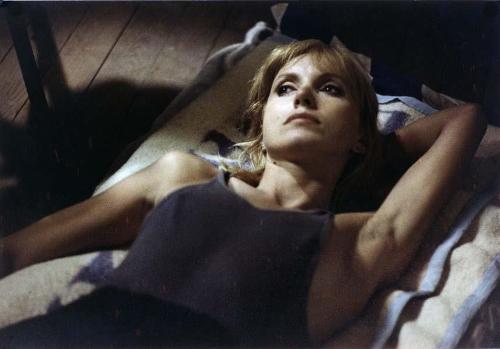
Agatha et les lectures illimitées (1981)
Marguerite Duras · 86m · 35mm
Though never sharing the same frame, Yann Andrea and Bulle Ogier play siblings in an incestuous relationship that recalls Duras’ early semi-autobiographical novel The Sea Wall. Agatha represents the zenith of her minimalism. Duras insisted, “The reality reproduced by classical cinema has never been of any interest to me. Everything is said too much, shown too much-an excess of meaning in which, paradoxically, the context becomes impoverished.”






